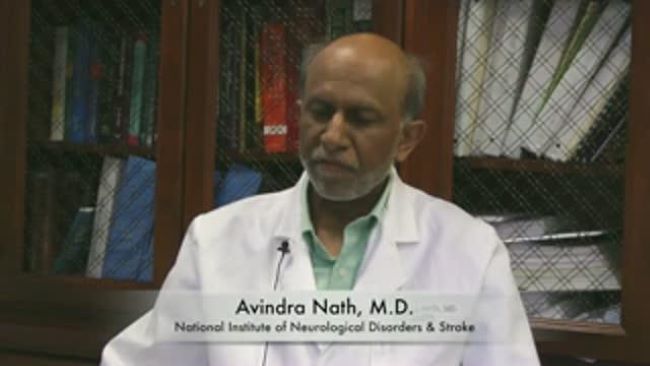New Delhi, Jan 22 (IANS) Long Covid is affecting human brains and nervous system at a deeper level and there is an urgent need for significant research into identifying the full extent of its complications and underlying causes, says Avindra Nath, an Indian-American scientist who specializes in neuroimmunology.
In a new viewpoint published in the prestigious Science journal, Nath who is clinical director of the National Institutes of Health’s National Institute of Neurological Disorders and Stroke (NINDS), along with Serena Spudich from Yale School of Medicine, Connecticut, said that the medical community needs to carefully study individuals with Long Covid categorized by their specific symptoms.
“It is crucial to the development of diagnostic and therapeutic tools to identify and treat what is becoming an ever-increasing public health concern,” emphasized Nath, who studied at the Christian Medical College in Ludhiana before moving to the US.
Neurological symptoms that have been reported with acute Covid-19 include loss of taste and smell, headaches, stroke, delirium and brain inflammation.
“There does not seem to be extensive infection of brain cells by the virus, but the neurological effects may be caused by immune activation, neuro-inflammation and damage to brain blood vessels,” they wrote.
Long Covid can include a wide variety of symptoms in the brain and nervous system that range from a loss of taste and smell, impaired concentration, fatigue, pain, sleep disorders, autonomic disorders and/or headache to psychological effects such as depression or psychosis.
Nath and Spudich have outlined the current scientific understanding of the potential body responses to acute Covid-19 infection and how those responses could lead to Long Covid symptoms.
They also drew parallels between the symptoms experienced by individuals with Long Covid to those living with myalgic encephalomyelitis/chronic fatigue syndrome (ME/CFS) or post-Lyme disease, which suggests there could be common risk factors involved.
“Owing to the significant variability in symptoms from person to person and the fact that many individuals with Long Covid were healthy prior to a relatively mild Covid-19 infection”, the scientists have highlighted the urgent need for global research efforts.





